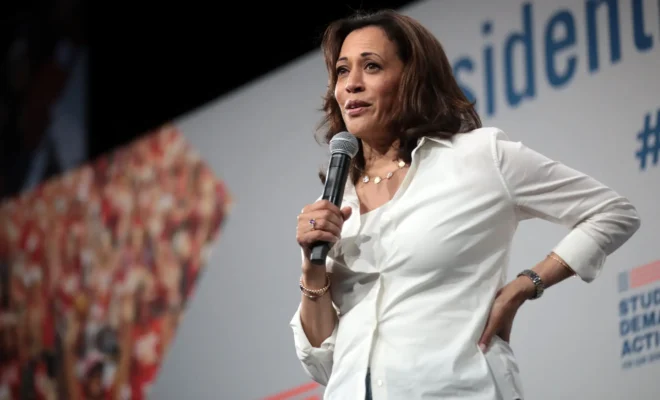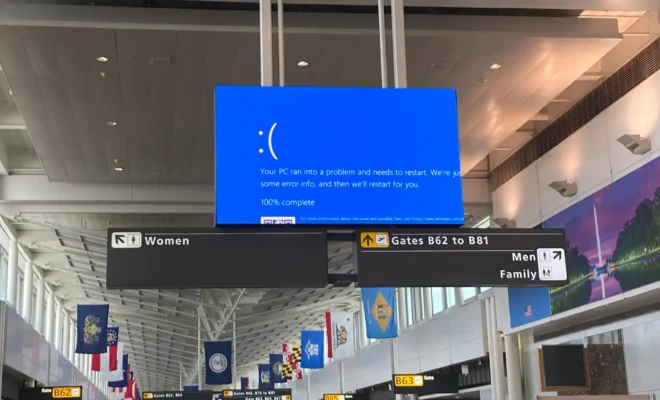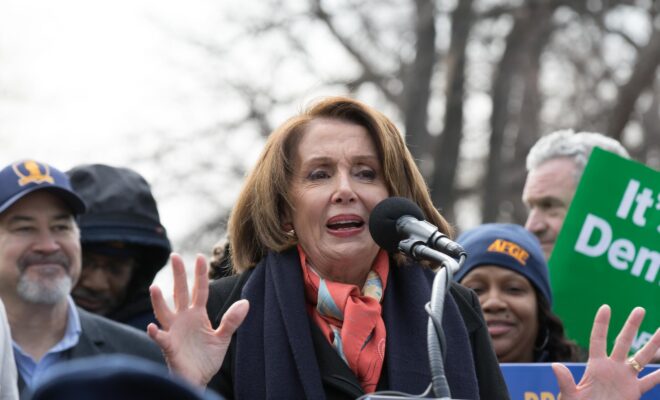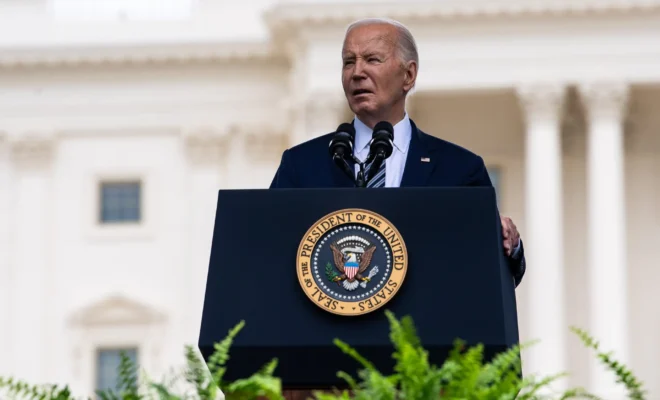The debt ceiling showdown is rapidly coming to a close on Capitol Hill.
On Wednesday, the House passed the 99-page bill by a vote of 314-117, sending the bill to the upper chamber. Once passed by the Senate, the bill will avert a default on the nation's $31.4 trillion debt and limit discretionary spending.
The passage of the bill was a mark of success for House Speaker Kevin McCarthy, R-Calif., who struggled to win the gavel in January.
While the bipartisan debt limit bill halts the threat of government default until 2025 Congress still has work to do to actually fund the government before Oct. 1 or face a shutdown.
Republicans ultimately conceded to keep non-defense spending the same in 2024, with a 1% rise in 2025.
The spending bill also stipulates the return of unused funds allocated for the COVID-19 public health emergency. The Congressional Budget Office has estimated approximately $30 billion in funds have remained untouched. President Biden signed a bill officially ending the public health emergency in April.
During negotiations over the bill, Republicans pushed to tighten welfare regulations with stricter work requirements.
The welfare being looked at by Republicans included Medicaid, the Supplemental Nutrition Assistance Program (SNAP) and Temporary Assistance for Needy Families (TANF).
In a significant win for Democrats, lawmakers secured $80 billion for the Internal Revenue System (IRS) to enforce the tax code in last year's Inflation Reduction Act on America's wealthiest. Republicans argued against the measure, claiming the funds would be used to weaponize the IRS against Americans by hiring an army of agents. (RELATED: IRS Issues New Strategic Plan – See What They Actually Want)
Democrats also unsuccessfully negotiated for higher taxes for wealthy Americans.
Lawmakers also reached a deal with President Biden regarding student loans. Under the deal, federal student loan repayments and interest accrual would restart on Aug. 30 after a three-year pause.
The deal also prohibits Education Secretary Miguel Cardona from extending the pause on federal student loan payments without a vote by Congress, according to Fox Business.
The debt-ceiling compromise does not address President Biden's plan to wipe out student loan debt for millions of borrowers.
Over 70 Republicans voted against the deal after the House Freedom Caucus heavily criticized it. Dozens of progressives also opposed the bill, arguing that President Biden didn't fight harder against McCarthy's budget cuts.
Tonight I'll be voting NO on the debt ceiling bill.
— Congressman Byron Donalds (@RepDonaldsPress) June 1, 2023
Let's be clear at the end of the day this bill only cuts $12B but allows $4T in new debt.
It also sets in place spending caps at post-COVID levels.
This doesn't reflect the priorities or best interests of the American people. pic.twitter.com/XXmcNrw6yJ
Rep. Patrick McHenry, R-N.C., one of the GOP negotiators for the debt bill, told The Hill that the White House had “for damn sure” underestimated McCarthy.
“Kevin McCarthy has always been underestimated,” McHenry said.
But critics of the deal on both sides of the aisle remain undeterred.
I will be voting no on the debt limit deal because you do not do deficit reduction on the backs of Americans who are already struggling. pic.twitter.com/IJgn6lvom1
— Bernie Sanders (@BernieSanders) June 1, 2023
READ NEXT: Debt Ceiling Bill Heads To Final Vote In Democratic-Controlled Senate
































Damn RNC DNC DC Estd on debt deal